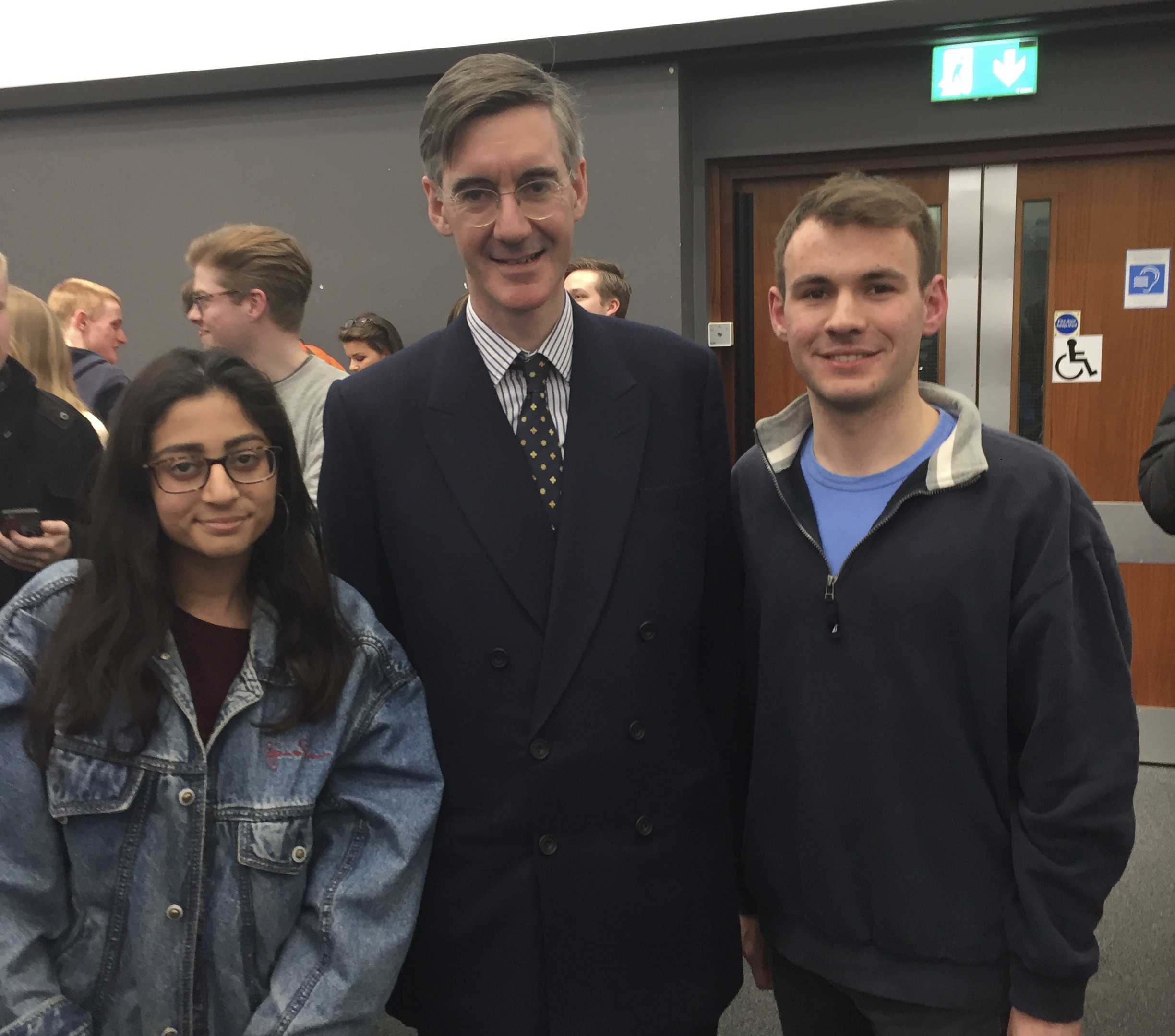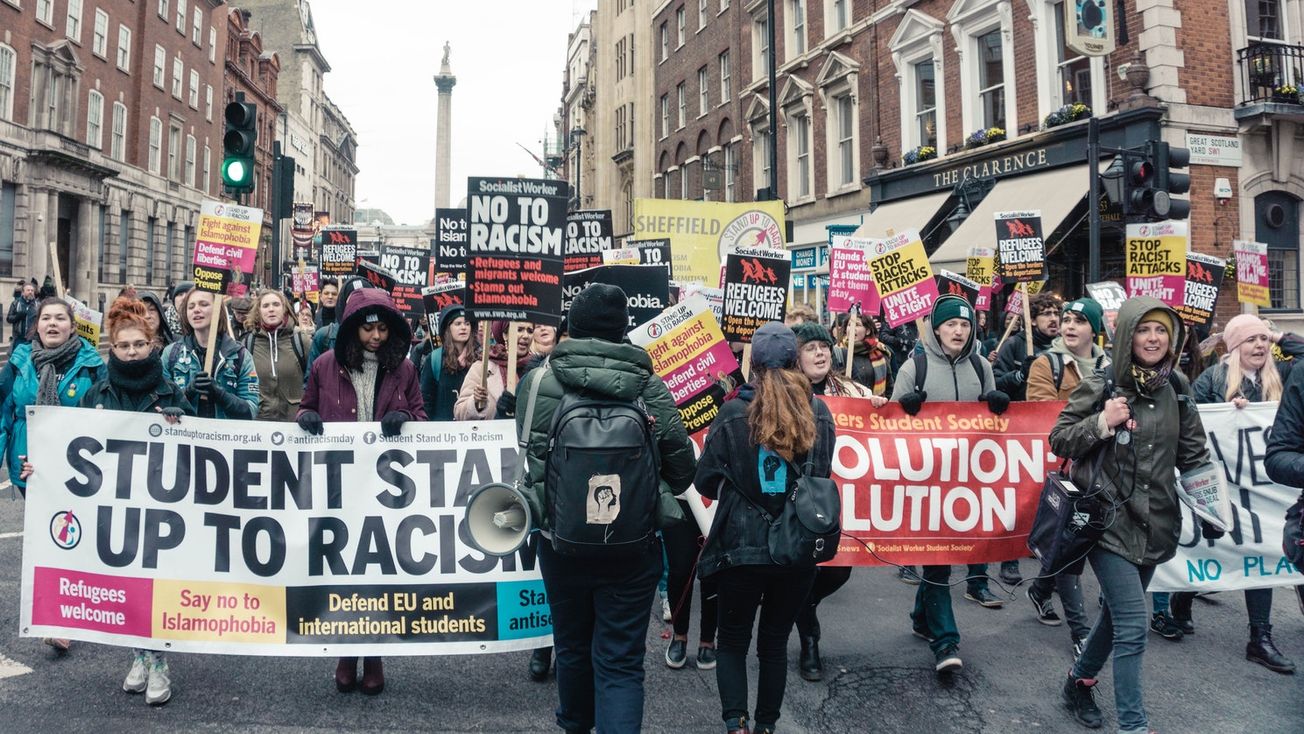By Will Charley, Comment Editor
Student intolerance was called out as major issue this Monday. The reality is that it barely exists.
‘Stalinist’ students are cracking down on free speech, according to Trevor Phillips in The Times last Monday.
The former Chairman of the Equality and Human Rights Commission drew on the heavy criticism of Oxford Professor Nigel Biggar’s project ‘Ethics and Empire’, which sought to teach the moral positives and negatives of British Imperialism. Falling in line with Biggar’s fears of campus censorship, Phillips stated that there is ‘one outcome [for universities] and that is the suppression of free speech’.
However, as Comment editor of Bristol University’s newspaper, Epigram, and as a history undergraduate, I know that Biggar’s fears are completely unfounded. Student intolerance is exaggerated and has little grounding in reality.
On university campuses, student intolerance is always reported, but overinflated.
Campus censorship ‘is Stalinist’
— Douglas (@douglasactivist) October 8, 2018
Our universities have become unsafe places for young people where a poisoned and corrupted view of culture and history are enforced rather than discussed in nuanced debate. https://t.co/H6u1PR6ych
For example, speaking at the University of West England this spring, Jacob Rees-Mogg MP was interrupted by masked protestors who called him “Nazi scum”. With the protestors shoving Rees-Mogg, it was reported as a clear case of student censorship.
However, these individuals were not actually students at all, but activists from the hard-left group, Antifa.
The reality was that those present were Conservatives and other students, who whilst disagreeing with the MPs politics, were keen to hear what he had to say. The event was not an example of campus censorship, but a varied student body listening to a novel viewpoint.
Yes, there may be some anti-democratic individuals attending university. But, the tiny minority of students who wish to block right-wing views speak much louder than they act and are perceived in much larger numbers than exist. Phillips’ generalisation that students are ‘Stalinist’ was naïve, but also hyperbolic and misleading.
Most students are far from intolerant and regularly listen to a range of opinions by attending talks or reading articles that they disagree with. There are also many who make up Model United Nations, debating societies and represent political parties at a student level, contesting their opposites.

Image: Epigram/ Will Charley
At Bristol, a range of opinions are heard through the Free Speech Society, articles in Epigram and guest speakers. Across UK universities, most views are given a platform and very few are denied one.
Of course, no platforming- the act of blocking a speaker- has happened before. But coverage of this creates the illusion that many students participate or support it, which is untrue.
No platforming is rare. Rather, headlines of campus intolerance are common because the reality, that students are diverse and intellectually engaged, is dull.
Fundamentally, British universities are not American colleges.
They are students expressing their opinions just like you are. You are a paid speaker who is being hosted by the university, and thus hold the power here. They are not bullies, simply young people exercising free speech as well. No need to characterize them as such.
— Sylvia Chan-Malik (@schanmalik) October 8, 2018
To be a conservative student in America is to be ostracised for holding the ‘wrong view’. Contrastingly, in Britain, there are many Conservative students and right-wing views are part of the melting pot, rather than prohibited. I am proud that my university newspaper has no political leanings, only a diverse range of opinions.
Despite what Phillips would have you believe, freedom of speech is not under threat from students, and universities are not hubs for the intolerant or for weak-willed individuals.
Ultimately, students across the UK are neither ‘Stalinist’ nor hungry to stifle debate through censorship. Rather, Generation Snowflake is politically diverse and not a danger to democracy.
To echo Voltaire: Professor Biggar, I may disagree with what you say, but I will defend your right to tell us more.
Featured image:Unsplash/ @Yokeboy
Do you believe free speech is threatened by students? Tell us at Epigram!









